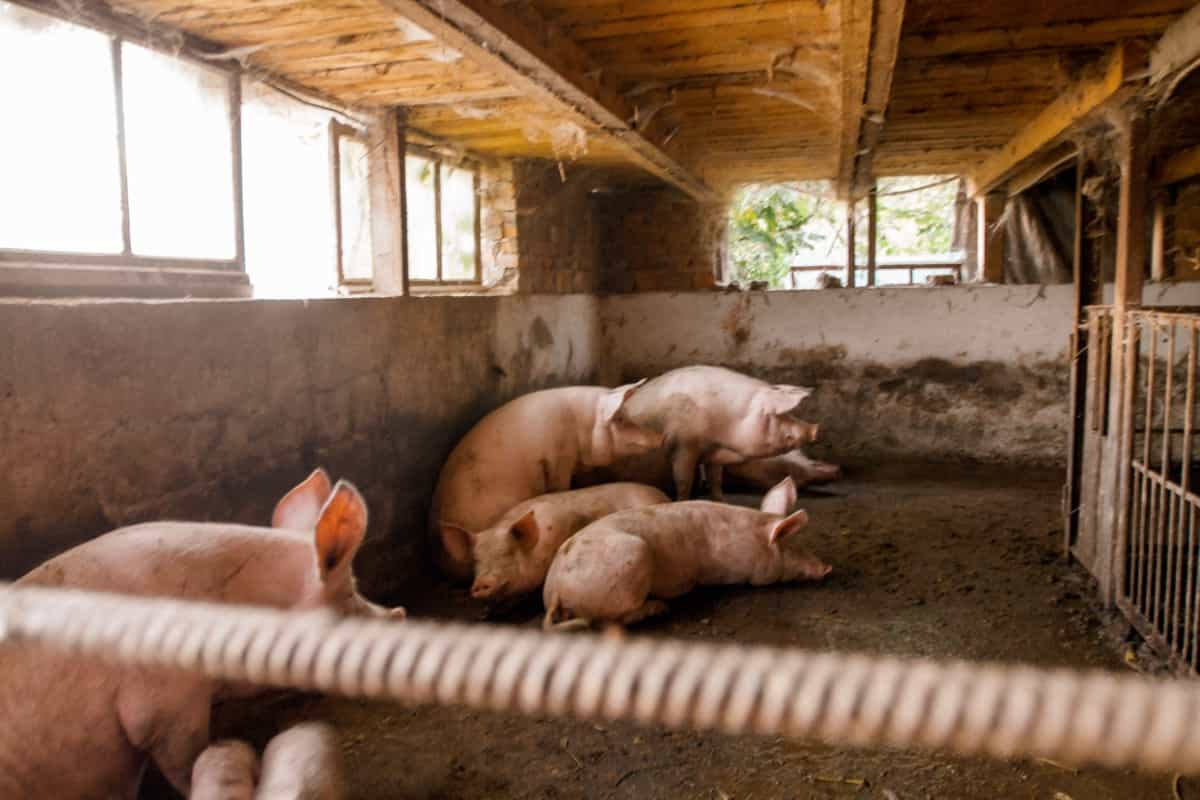Pigs (Sus scrofa domesticus) Farmers Community
Sustainable Waste Management in Pig Farming
- This topic is empty.
- AuthorPosts
- April 14, 2025 at 5:23 am #626441
 Agric4ProfitsKeymaster
Agric4ProfitsKeymaster
In the evolving landscape of livestock production, the focus has shifted toward practices that balance productivity with environmental responsibility. One of the most critical challenges faced by pig farmers today is managing waste efficiently without compromising ecological health.
Sustainable waste management in pig farming not only helps reduce pollution and greenhouse gas emissions but also opens avenues for resource recovery and cost savings. Implementing well-planned waste strategies ensures that the farming operation remains both environmentally sustainable and economically viable.
1. Reducing Waste At The Source
The first step toward sustainability in pig farming is minimizing waste generation through better feed efficiency and precision farming techniques. By formulating diets that match the nutritional requirements of pigs, farmers can significantly reduce the amount of undigested nutrients excreted as waste.
Using precision feeders and monitoring intake allows for more controlled feeding, which translates into less nitrogen and phosphorus being released into the environment. Additionally, proper herd management ensures fewer health issues, leading to reduced mortality and lower waste volumes.
2. Implementing Effective Manure Management Systems
Manure is a major byproduct of pig farming and, if not managed properly, can lead to water contamination and air quality issues. Sustainable systems focus on the collection, storage, and treatment of manure in a way that mitigates environmental risks.
Techniques such as anaerobic digestion, composting, and covered lagoons can reduce harmful emissions while transforming waste into valuable resources. These systems also enable the recovery of nutrients and energy, turning a waste liability into a potential asset for the farm.
3. Recycling Nutrients Through Land Application
One of the most practical approaches to managing pig waste sustainably is utilizing treated manure as a natural fertilizer for crop production. When done correctly, this practice recycles valuable nutrients like nitrogen and phosphorus back into the soil, reducing the need for synthetic fertilizers.
However, to prevent nutrient runoff and groundwater contamination, it is essential to apply manure based on soil testing results and crop nutrient needs. Following best practices in timing and application methods ensures both environmental protection and agricultural productivity.
4. Adopting Innovative Technologies
Technological innovation plays a key role in advancing sustainable waste management in pig farming. Systems like automatic manure separators, real-time monitoring sensors, and biofilters help optimize the waste handling process.
In some operations, waste-to-energy technologies are being implemented to convert manure into biogas, providing renewable energy for farm operations. These innovations not only lower environmental impact but also improve operational efficiency and add value to waste that would otherwise be considered a disposal challenge.
5. Promoting Education And Regulatory Compliance
Sustainability efforts are most effective when supported by informed decision-making and compliance with environmental regulations. Educating farm workers and management on best waste handling practices fosters a culture of responsibility and continuous improvement.
Additionally, aligning farm practices with local and national environmental standards ensures that the operation stays within legal limits while contributing to broader sustainability goals. Active participation in training programs and collaboration with environmental agencies can further enhance waste management outcomes.
As pig farming continues to expand globally, the importance of sustainable waste management in pig farming cannot be overstated. From reducing waste at the source to recycling nutrients and embracing technological innovation, sustainable practices benefit both the environment and the farm’s bottom line.
By implementing responsible waste management systems, pig producers can not only meet regulatory demands but also lead the way in environmentally conscious agriculture. Sustainability is no longer optional—it’s a smart, forward-thinking approach to securing the future of pig farming.
Read Also: Optimizing Piglet Weaning Strategies for Improved Growth and Health
- AuthorPosts
- You must be logged in to reply to this topic.

